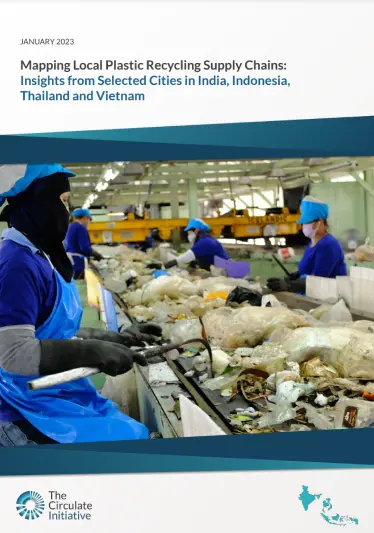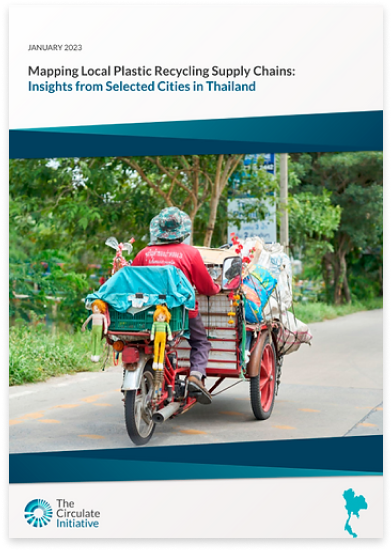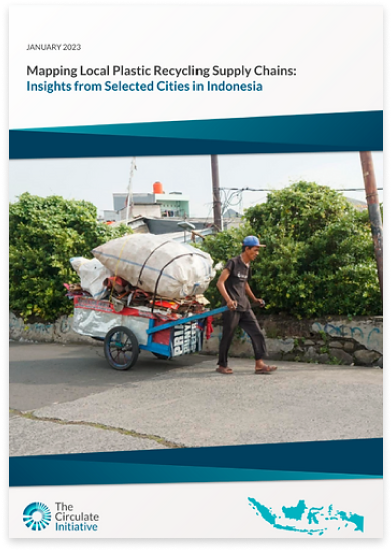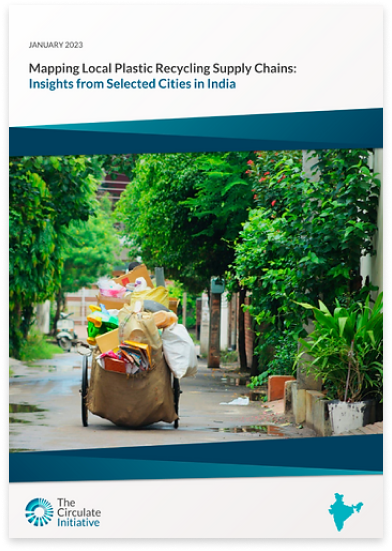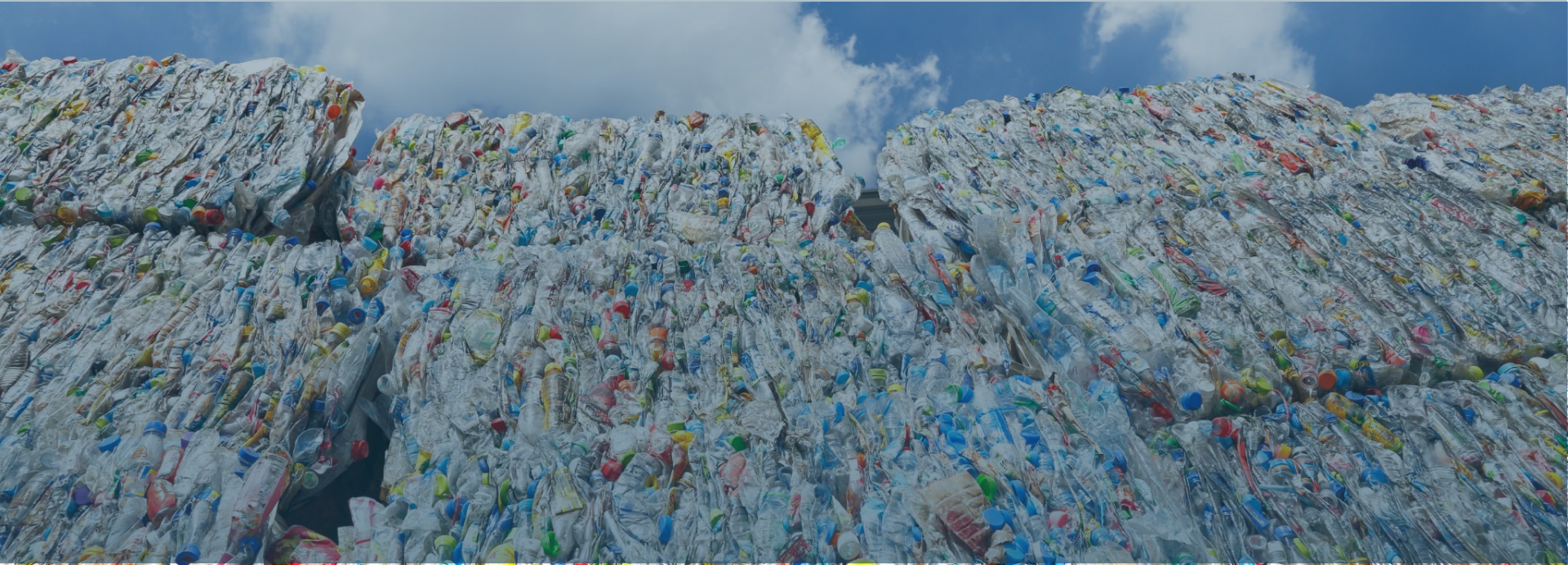

Mapping Local Plastic Recycling Supply Chains: Insights from Selected Cities in Viet Nam
Management of plastic waste in the reviewed wastesheds of Hanoi, Ho Chi Minh City, and Da Nang has commonalities due to the significant role that the national and local administration plays in waste management. Large amounts of recyclable waste are handled through craft villages, which are unique to Viet Nam, though there is continued reliance on imported waste.
This report further details the findings from the wasteshed assessments in Viet Nam, offering insights into how the local plastic waste recycling supply chains typically operate and areas for intervention.
Key takeaways from this report include:
- Most formal recycling facilities are located in and around Ho Chi Minh City and Hanoi. Da Nang has no formal recyclers and plastics are recycled through craft villages or transported outside the city, which contributes to low local demand.
- Supportive government policies, such as a mandate for source separation of recyclable materials and an Extended Producer Responsibility (EPR) scheme, have been introduced. However, local governments need professional support and funding to help with the implementation.
- Local governments can be supported with guidance, funding, and monitoring to ensure effective implementation of policies to improve plastic recycling and recovery, and public awareness campaigns can be conducted to maximize diversion of plastic waste.
- Supply chain improvements and virtual marketplaces can help to increase demand for domestic plastic over imported waste, by improving availability and facilitating transactions.
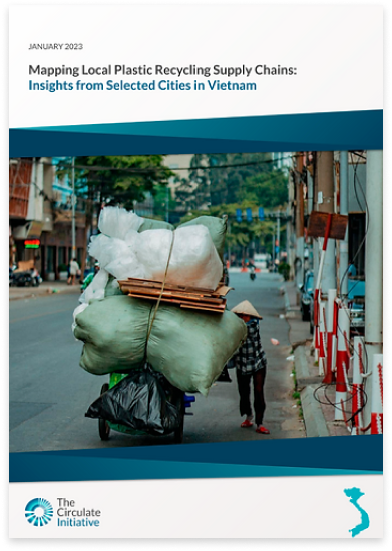
Read Report
*By clicking the "Download" button, you are agreeing to The Circulate Initiative’s Terms of Use and Privacy Policy.
